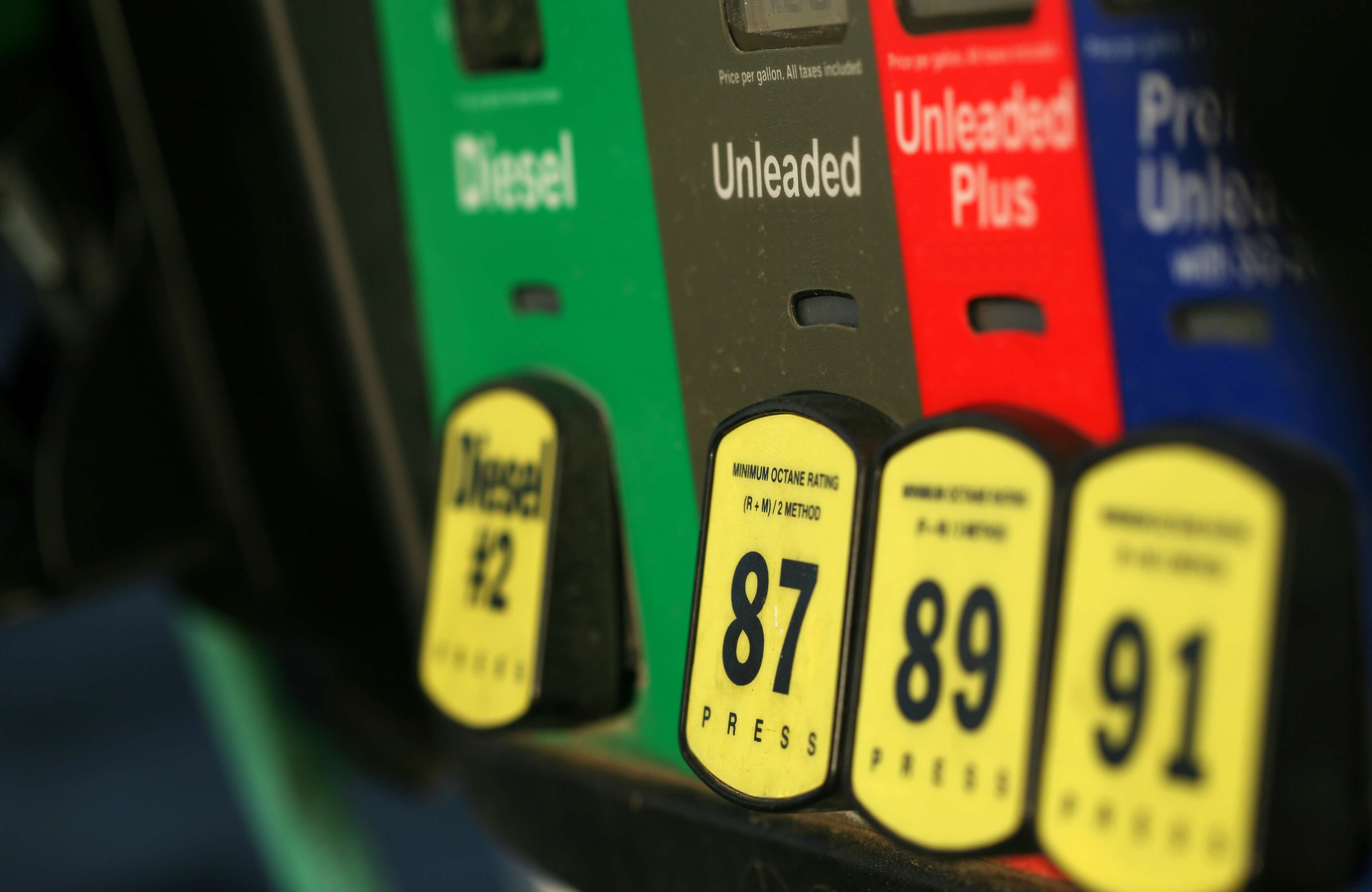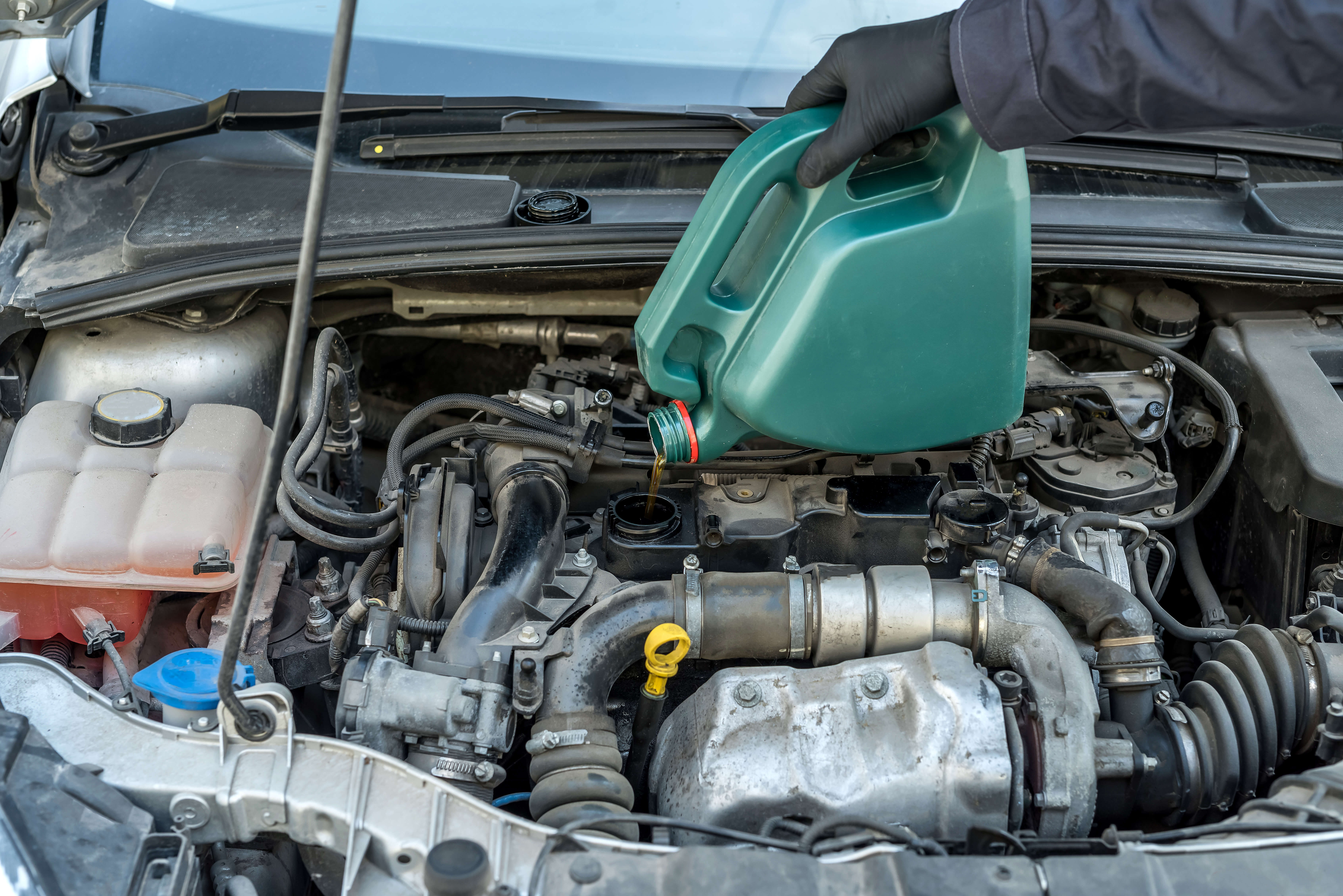Performance Fuels

Does More Oxygen Always Mean More Power?
- Category:
- Fuel Facts
by Grassroots Motorsports
Posted on 10/3/2024

The promise almost sounds too good to be true: Get more horsepower just by using a certain type of fuel. What’s in these magic elixirs? Oxygen. A lot of it. But like most seemingly miraculous solutions, today’s highly oxygenated fuels come with a potential tradeoff.
The Promise: It’s right there in print on the Sunoco Race Fuels website: “Evo10 produced a 17% HP gain against 93 octane pump gas when tested at our local performance tuning shop.” Evo10 is an unleaded, highly oxygenated, 105-octane race fuel that’s 10 percent oxygen by weight. Typical pump gas containing 10 percent ethanol by volume contains only 3.7 percent oxygen by weight.
The Proof: Zachary J. Santner, senior specialist of quality at Sunoco, references a dyno chart produced by a supercharged Ford Coyote V8. Running Evo10, the Ford produced a max of 879 horsepower. When fed a competitor’s 105-octane unleaded fuel, the engine topped out at 866 horsepower.
The Science: “A simple way of looking at this is that gasoline has a high energy density–BTU per gallon–when compared to other fuels,” Santner explains. “So, one tank of gas can make you go farther than other fuels. When looking at energy density and air/fuel ratio together, you can see how much energy is produced during combustion. Some fuels release more energy when combusted with 1 gram of air. These fuels will offer higher power output from an engine. The components in Evo 10 allow it to release slightly more energy for the amount of air burned when compared to gasoline.”
The Extreme: He offers another example: “Nitromethane has only 38 percent the energy density of gasoline. When combusted with 1 gram of air, nitromethane releases over 2.1 times more energy. Nitromethane wouldn’t win the miles-per-gallon comparison, but the energy released in combustion is much higher.”
The Tradeoff: Like Santner noted, that extra performance comes with less fuel efficiency. All fuels are a compromise, he notes. “You can’t argue with chemistry.”




